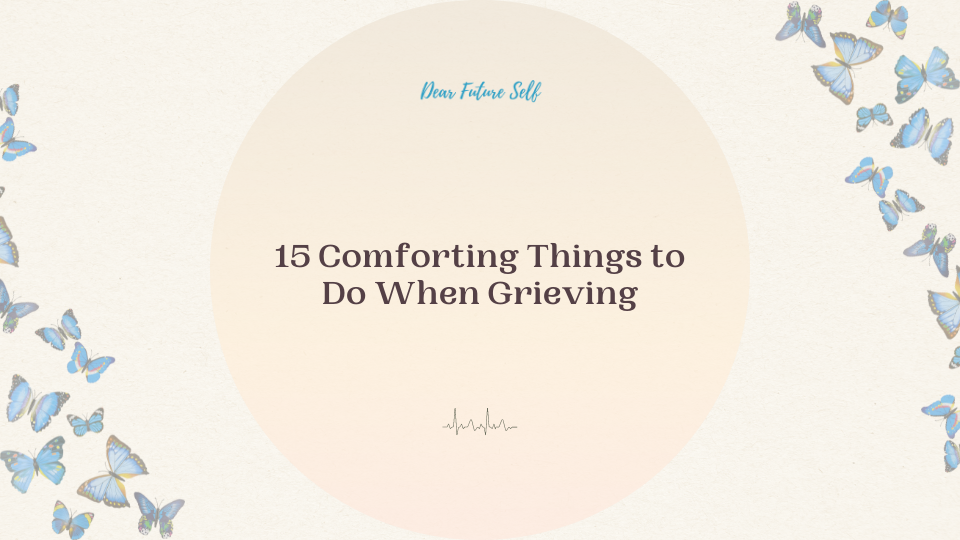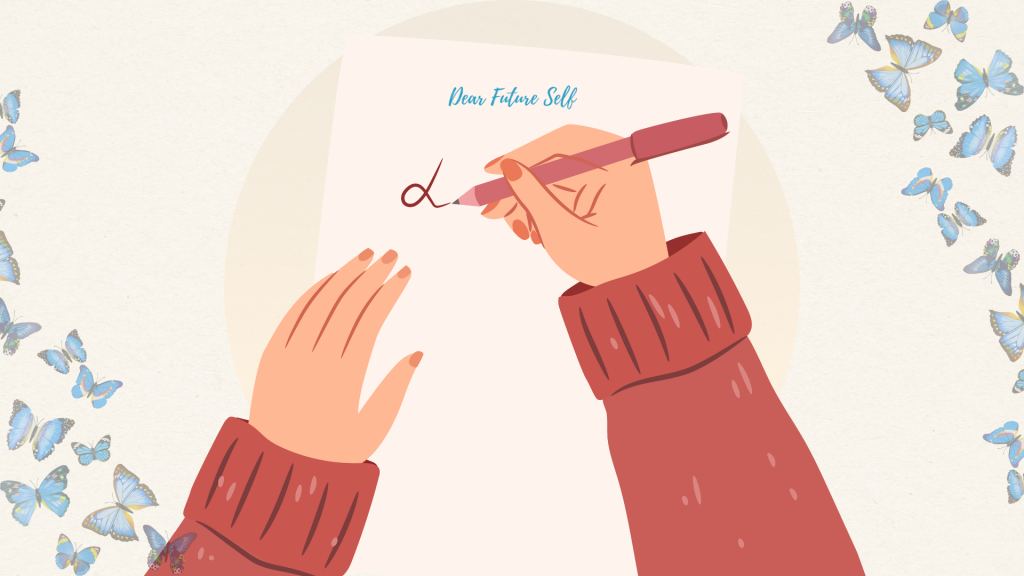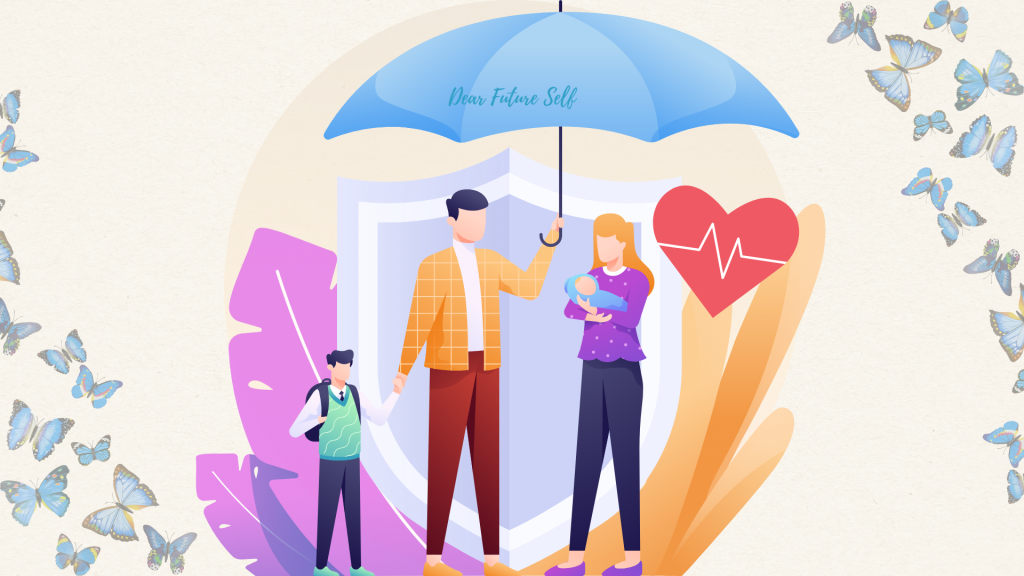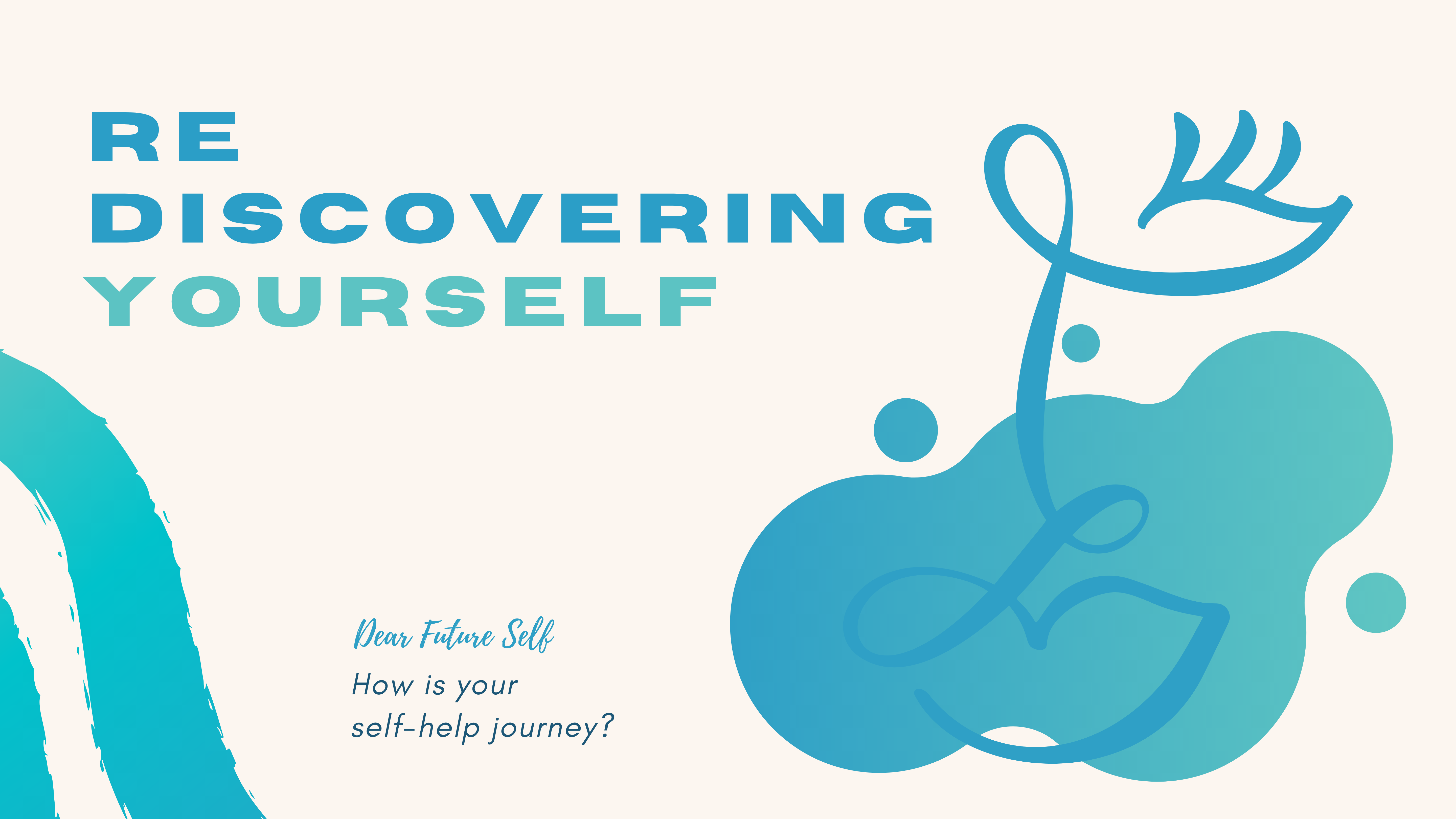
07 Jul 15 Comforting Things to Do When Grieving
JUST EXPERIENCED A SIGNIFICANT LOSS?
Loss is a worldwide phenomenon experienced by everyone at some point in their lives. Loss, of all forms, is a difficult thing to grapple with. And those who experience it feel grief—a normal emotional response to loss (Healthdirect Australia, 2022).
A significant loss is experienced when grief is felt and undergone. Such losses may encompass events like the death of a loved one (e.g., people or pets), divorce, breakups, changes in the workplace, and a diagnosis of an illness (Healthdirect Australia, 2022). In this article, we focus on grief following death. However, the suggestions indicated may also be applied to the experiences of other types of loss.
Grief impacts all aspects of a person’s life, including their emotional, physical, spiritual, and psychological states, but the overall experience of grief presents in ways unique to the bereaved (Healthdirect Australia, 2022; Zhai and Du, 2020).
As such, here are 15 comforting things you may do whilst grieving:
- Have a proper (e.g., a physical memorial) or symbolic grief ritual (e.g., writing letters to the deceased), if it is not possible to have a proper one (Sas and Coman, 2016).
- Have proper closure if the individual has suddenly passed away. Some ways you can do this are by writing letters, which has previously been cited above, and talking to yourself.
- Normalize crying. It’s a healthy way of releasing your emotions, after all. It’s better to let your feelings out than to bottle them up.
- Remind yourself that you are not alone in this process. Everyone is also affected by the loss somehow.
- Surround yourself with those who are also affected by the loss. You may talk about the individual or the pet with them. You may also opt to share pictures, videos, or memories of whoever has passed with them.
- Redirect your emotions and focus from the lost individual or pet to those who are still there with you or whoever was also left behind.
- Give meaning to the death of your loved one.
- Address the guilt you may feel by reminding yourself that you gave your loved one a fulfilling or comfortable life to the best of your ability.
- Take physical reminders such as stuffed toys, pillows, and clothes of the loved one, and put them away slowly at a time you feel would be best for you.
- Remind yourself that your loved one is not suffering anymore.
- Remind yourself that time is inevitable and that it is bound to come. Maybe sometimes, but not that soon though?
- Think of that individual or pet’s purpose in everyone’s life.
- Consider that your loved one may now be with other lost loved ones or partner.
- They clean and slowly pack or give away their belongings. You may keep some as a memento of them.
- Do not just replace them. Instead, you may reflect on what you liked about them or what made them unique (it’s not that easy to replace a lost loved one). Afterward, when and if you feel as though you may need to find a substitute for the loved one, you may do so at the time you feel would be right.
Among all these tips we gave you, remember the most important one, and that is the fact that you are not alone in this. Take your time when grieving. Do whatever you feel is best for you. We are here for you. Your ![]() is here for you.
is here for you.
References:
Healthdirect Australia. (n.d.). Grief and loss. Australian Government. https://www.healthdirect.gov.au/grief-loss
Sas, C., & Coman, A. (2016). Designing personal grief rituals: An analysis of symbolic objects and actions. Death Studies, 40(9), 558–569. https://doi.org/10.1080/07481187.2016.1188868
Zhai, Y., & Du, X. (2020). Loss and Grief amidst COVID-19: A Path to Adaptation and Resilience. Brain, Behavior, and Immunity, 87, 80–81. https://doi.org/10.1016/j.bbi.2020.04.053
Self-Help Corner
Seek Professional Help

Gift Certificates & Self-Care Package
Connect with Us





